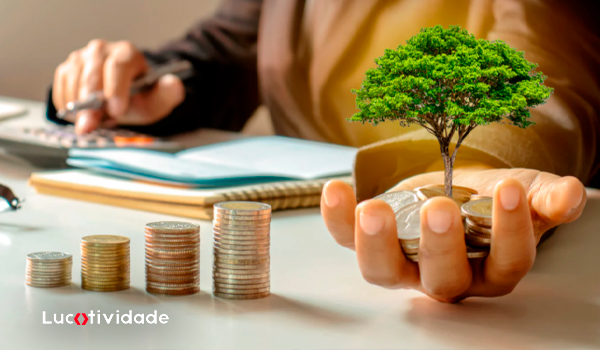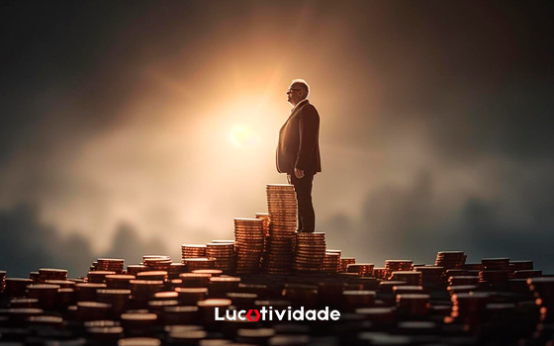The Myth of “Not Enough to Invest”
Many people believe they need thousands of dollars to start investing—but that’s simply not true. The modern financial landscape has opened doors to micro-investing, fractional shares, and low-barrier entry points. Apps and platforms now allow you to start investing with as little as $1.
The biggest hurdle isn’t the amount of money—it’s the mindset. Waiting until you “have more” delays your growth. Starting small is better than not starting at all.
Consistency Beats Size Every Time
It’s not about how much you invest at once—it’s about how often you do it. Even $20 a week adds up when compounded over time. Dollar-cost averaging, where you invest a fixed amount regularly regardless of market conditions, reduces emotional decision-making and builds long-term stability.
- $20/week = $1,040/year
- Over 10 years, with 7% average return = ~$15,000
- Over 30 years = ~$66,000
Small habits today can create financial security tomorrow.
Tools That Make It Easy to Begin
Technology has made investing more accessible than ever. Platforms like Acorns, Robinhood, or Fidelity offer beginner-friendly experiences, automatic round-ups from purchases, and no minimum balances. Many also include educational resources so you can grow your knowledge as you grow your portfolio.
Look for platforms with:
- Low or no fees
- Fractional share investing
- Automated contribution options
- Easy mobile access
Mental Shifts That Support Long-Term Wealth
Successful investors understand that the market fluctuates—but patience and discipline win. Avoid obsessing over daily returns. Instead, treat investing like watering a plant: consistent care brings steady growth.
Build a habit of “paying yourself first” by treating your investments as a monthly expense—non-negotiable, like rent or groceries.
Your Portfolio Reflects Your Future
Every dollar you invest tells a story about the future you’re building. You don’t need to be rich to become an investor. You just need to start. Over time, those small deposits add up—not just in value, but in confidence, control, and financial freedom.


 How to Build Wealth Without a Six-Figure Salary <p class='sec-title' style='line-height: normal; font-weight: normal;font-size: 16px !important; text-align: left;margin-top: 8px;margin-bottom: 0px !important;'>Smart financial strategies can matter more than a high paycheck—discipline and decisions often beat income alone.</p>
How to Build Wealth Without a Six-Figure Salary <p class='sec-title' style='line-height: normal; font-weight: normal;font-size: 16px !important; text-align: left;margin-top: 8px;margin-bottom: 0px !important;'>Smart financial strategies can matter more than a high paycheck—discipline and decisions often beat income alone.</p>  Financial Forecasting with AI: How Algorithms Are Reshaping Investment Strategies <p class='sec-title' style='line-height: normal; font-weight: normal;font-size: 16px !important; text-align: left;margin-top: 8px;margin-bottom: 0px !important;'>Smart algorithms are no longer just supporting investment decisions—they’re actively transforming how portfolios are built and managed.</p>
Financial Forecasting with AI: How Algorithms Are Reshaping Investment Strategies <p class='sec-title' style='line-height: normal; font-weight: normal;font-size: 16px !important; text-align: left;margin-top: 8px;margin-bottom: 0px !important;'>Smart algorithms are no longer just supporting investment decisions—they’re actively transforming how portfolios are built and managed.</p>  Crypto Beyond the Hype: How Blockchain Is Reshaping Investment Models <p class='sec-title' style='line-height: normal; font-weight: normal;font-size: 16px !important; text-align: left;margin-top: 8px;margin-bottom: 0px !important;'>From digital coins to decentralized finance, blockchain is rewriting the rules of modern investing.</p>
Crypto Beyond the Hype: How Blockchain Is Reshaping Investment Models <p class='sec-title' style='line-height: normal; font-weight: normal;font-size: 16px !important; text-align: left;margin-top: 8px;margin-bottom: 0px !important;'>From digital coins to decentralized finance, blockchain is rewriting the rules of modern investing.</p>